The city of Kolhapur in Maharashtra erupted in communal violence after controversial posts glorifying Aurangzeb and Tipu Sultan were shared on social media by a few anti-social elements. On Wednesday, some organisations, including the Bajrang Dal, had called for a Kolhapur bandh and the members of these outfits gathered at Shivaji Chowk where the protests turned violent and the police had to resort to lathicharge to disperse the groups of protesters. Maharashtra Chief Minister Eknath Shinde appealed for calm, urging people not to take law into their hands. Shinde’s deputy Devendra Fadnavis said some politicians fearing a riot-like situation and a section of people glorifying Mughal emperor Aurangzeb and Tipu Sultan cannot be a mere coincidence.
This is not the first time that the followers and opponents of the respective legacies of Aurangzeb and Tipu Sultan have found themselves at loggerheads with each other, brewing tension on the ground. This must be noted that influential historical figures are not merely individuals; they are a bunch of ideas that they stood for and a set of values that they espoused. Now, what remains to be seen is whether the values that Aurangzeb and Tipu Sultan stood for have any place in the secular, democratic, republic of India or not.
Aurangzeb’s reign, which started with abandoning his predecessors’ legacy of pluralism and religious tolerance, is marred with imposition of sharia and jizya (religious tax) on non-Muslims, doubling of custom duties on Hindus while abolishing it for Muslims, executions of Muslims and non-Muslims alike, and destruction of temples. His farmaan (orders) to destroy temples at Kashi, Mathura and Kalkaji are recorded in his biography Masir-e-Alamgiri by Mohammad Saqi and Musta’id Khan. A Pew research report based on Manucci’s account of his reign has found him to be responsible for the genocide of 4.6 million Indians. His standards of justice, too, took a complete break from his predecessors such as Akbar who implemented Sulh-e-Kul (peace for all).
As for Tipu Sultan, according to historian Lewis B. Boury, the devastation Tipu Sultan inflicted on the southern part of India was harsher and more barbaric than the atrocities performed against the Hindu inhabitants in India by the infamous Mahmud of Ghazni, Alauddin Khalji, and Nadir Shah. He had declared openly that he would wage Jihad against Hindus, and so he did. Mir Hussein Kirmani, Tipu’s courtier and biographer, has detailed how his raids resulted in the burning of hundreds of villages in Kushalapura (now Kushalnagar), Talakaveri, Madikeri, and other locations, slaughtering the Hindu population residing there.
Quick Reads
View AllThis does not need further extrapolation that celebrating Aurangzeb and Tipu Sultan on the Indian landmass would be akin to eulogising Adolf Hitler in the midst of a Jewish population. Driven by an extremist and expansionist version of the Islamic faith, they actively set out to undermine the syncretic, pluralistic culture of the Indian subcontinent.
On the other hand, the Mughal ruler Akbar believed that a ruler’s duty was to treat everyone equally, whatever their belief. He also ended jizya, a discriminatory tax imposed on non-Muslims. During his reign, non-Muslims were not forced to obey Islamic law and his administration included many Hindus in positions of responsibility. Similarly, Dara Shikoh, the elder brother of Aurangzeb, was the true son of the soil and a champion of interfaith harmony. He translated the Upanishads and other important sources of Hindu religion and spirituality from Sanskrit to Persian. Through these translations, he was largely responsible for taking the Hindu culture and spiritual traditions to Europe and the West.
The secular, democratic, republic of India is founded upon the values of equal rights, progressive outlook and syncretism between all cultures and faiths. Needless to say that Akbar and Dara Shikoh, not Aurangzeb and Tipu Sultan, are the icons for modern-day Indians across religious lines.
Unfortunately, the modern Indian society is undergoing a process of widening communal rifts and upsurge in religious intolerance, the reason could be, perhaps, an inadequate understanding of history and an inability to choose the right icons from the past. It is essential, therefore, to have a more honest conversation about history with an intention of acknowledging the problems and solving them.
Historians, like Audrey Truschke for example, have an agenda to prevent that honest conversation from happening, as it will render them irrelevant. In an attempt to whitewash the atrocities of Aurangzeb, she writes: “Aurangzeb’s life, widely misrepresented by the Hindutva brigade as that of a cardboard despot’s, was far more complex as well as riddled with many contradictions. A successful statesman must act expediently, even though their actions may not always square with their professed political ideologies. Aurangzeb, who took on the title of Alamgir (“the seizer of the world”), was no exception. His actions were in accordance with what he imagined to be that of an effective and equitable ruler’s." On the Indian government’s ruling of changing the name of the Aurangzeb Road to APJ Abdul Kalam Road, she says: “The idea was to remove the association of evil, represented by Aurangzeb, from the name of the street and replace it with the name of the former president of India, who, presumably, embodied goodness.”
It is quite telling that she finds the life of Aurangzeb complex and nuanced to the point of calling him an effective and equitable ruler; however, she cannot find concrete reasons to praise Dr APJ Abdul Kalam, a man who lived his life as an embodiment of harmony, progress and peace.
The modern, progressive values of the Indian constitution do not exist in a vacuum; they are a continuation of a dynamic tradition that goes back thousands of years and this landmass has been the example of unity in diversity for millennia. The establishment of modern India happened under the supervision of visionaries like Swami Vivekananda, S. Radhakrishnan, Pt. Jawaharlal Nehru, Mahatma Gandhi and Netaji Subhash Chandra Bose, and steered forward by the likes of Dr APJ Abdul Kalam. It would be a shame if this society, built on such solid foundations, would fall prey to the divisive and communal agenda of some anti-social elements.
The author takes special interest in history, culture and geopolitics. He is a proponent of religious reform and identifies himself as “an Indic Muslim exploring Vedic knowledge and cultural heritage through music”. When he is not writing columns, he enjoys playing drums and performing raps. Views expressed are personal.
Read all the
Latest News,
Trending News,
Cricket News,
Bollywood News,
India News and
Entertainment News here. Follow us on
Facebook,
Twitter and
Instagram.


)
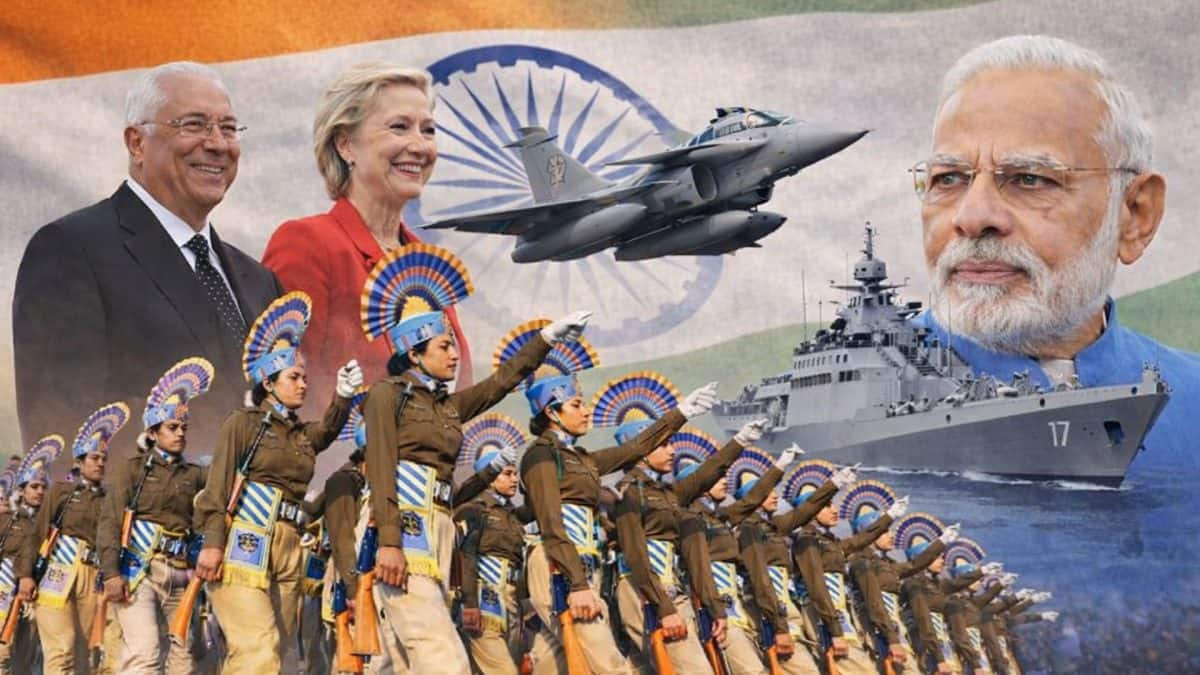
)
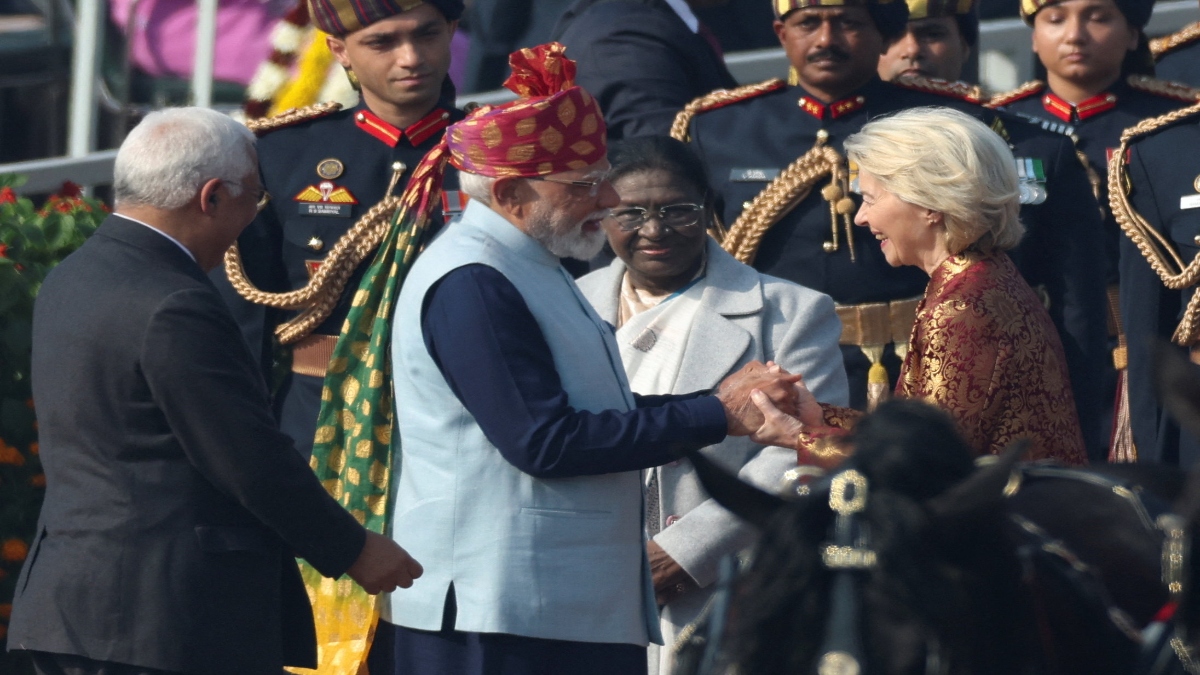)
)
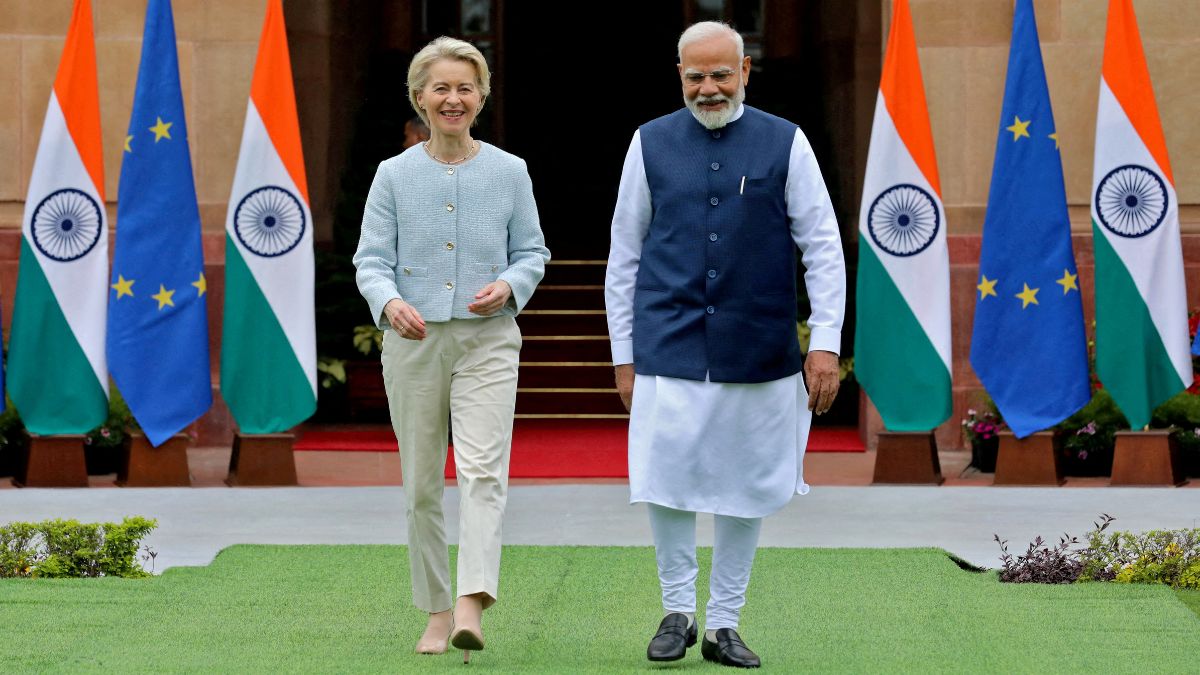)
)
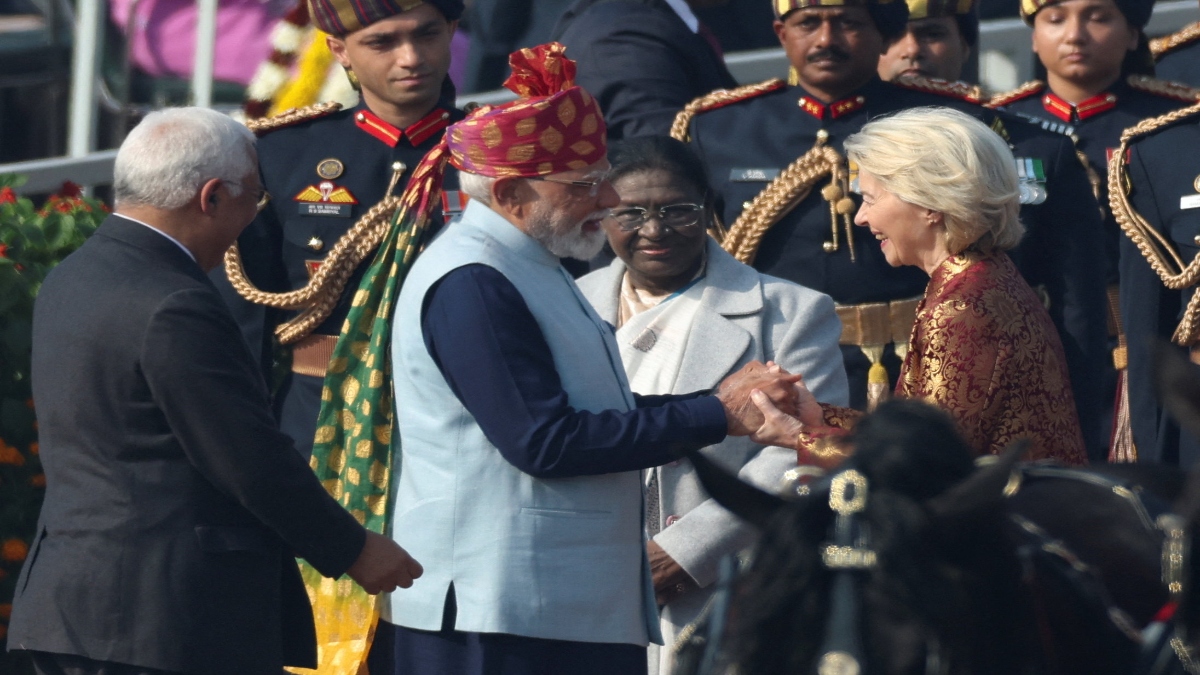)
)
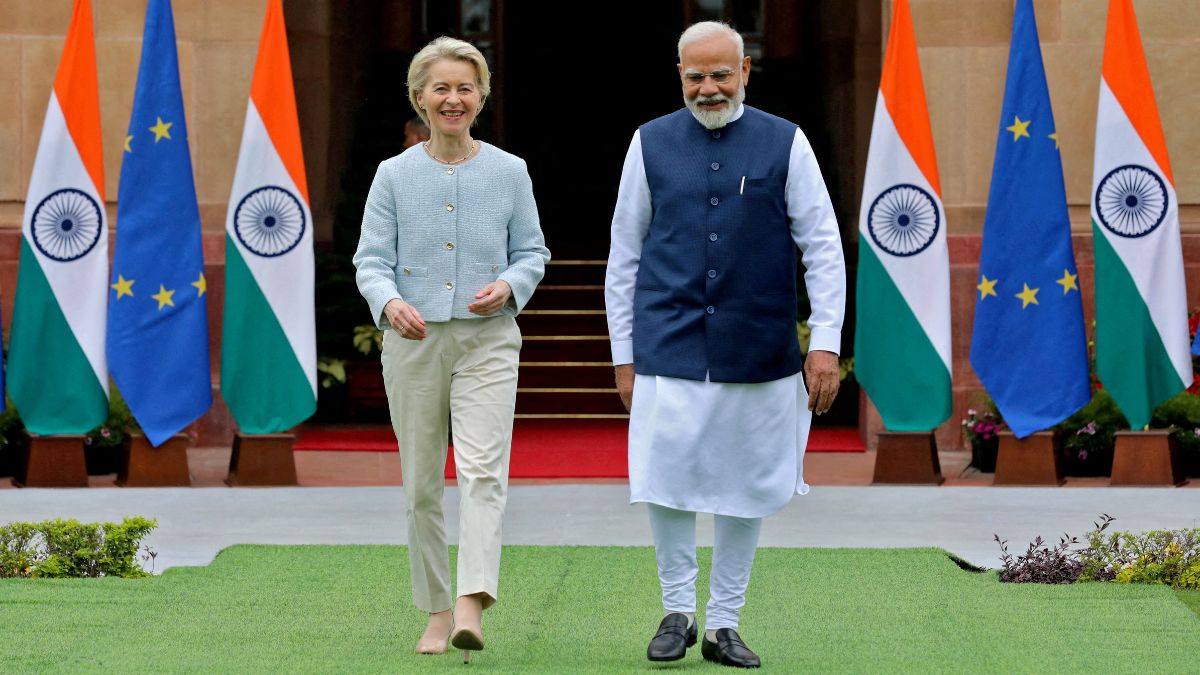)



